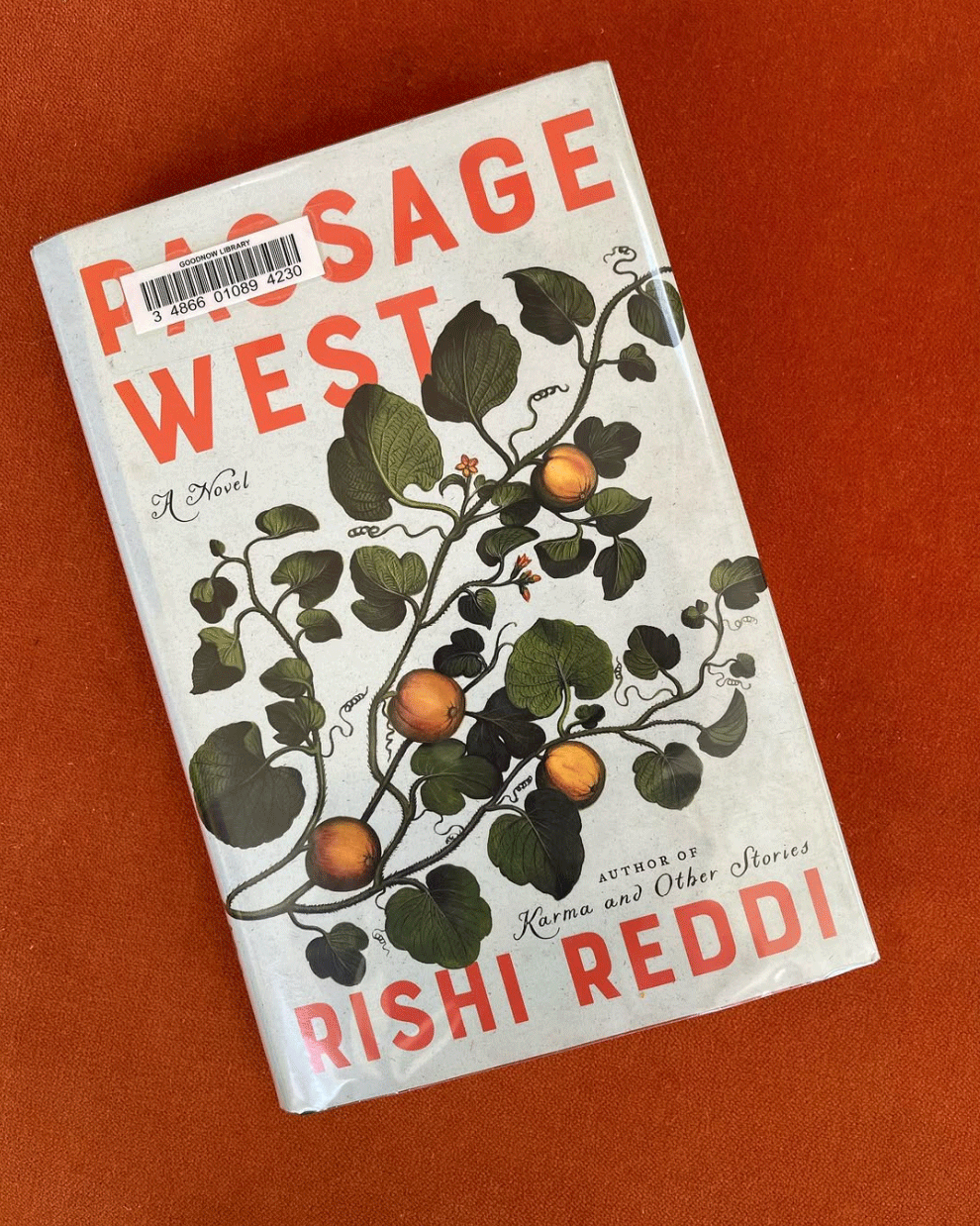Passage West
If you know me/have followed along here for a while, it’s no surprise that I often ruminate on the subject of “home.” I mean, it’s even part of my Instagram bio. 👀
While we were living in Ireland, I met a Taiwanese-American woman who was married to an Irish man. She had grown up some in Taiwan, but mostly in California and when she realized that I was also originally from the West Coast said something along the lines of, “People are different on the West Coast. It’s the whole ‘pioneering spirit’ that has evolved into innovation.” I had never really thought about it like that, but there’s something to it — not just because she’s probably right, but because she had experience understanding other places and could perhaps see something clearly that others can’t, either because they are not familiar with other areas…or because they willfully choose a one-note perspective.
Passage West, Rishi Reddi’s debut novel, captures this ethos so well. It’s a bit resonant of Steinbeck because of the California farm (in this case, in the Imperial Valley) and early 20th-century setting, but is more expansive because the novel puts a community of Punjabi migrant workers — both Sikh and Hindu but often just grouped together as “Hindu” by others — at its center.
I don’t think this is a spoiler because the scenario involves a few different communities, but at one point in the novel there is a trial. And for one of the characters, Reddi writes this: “How will they understand [his] life?...How will they [decipher the case] without understanding him?” To me, this is the crux of the novel. Facts may be “facts,” but we all know how they can be colored or twisted. How can you truly “understand” anyone when you don’t know anything about where they are “from”?
{Passage West was an LA Times “Best California Book” of 2020. Personally, I think it would be a great one for @reesesbookclub as well.}
originally published on instagram

